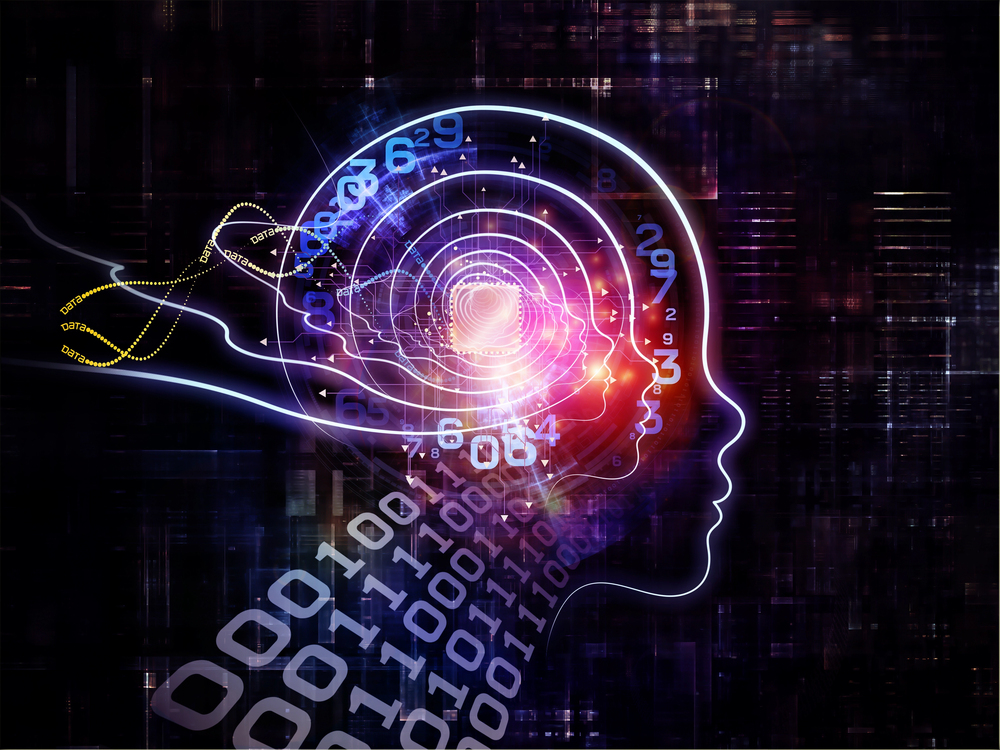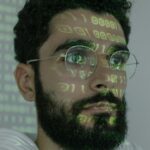Neuroscience and artificial intelligence (AI) are increasingly converging to explore how the brain processes thoughts and actions. Recent advancements reveal that our brain often “decides” or prepares for an action before we consciously become aware of it. This groundbreaking insight, made possible through AI and brain-imaging technologies, highlights the predictive power of neural data.
Brain Predictions and Neural Decoding
Studies by College of Science and Engineering and Neuroscience News using AI-based neural decoding have shown that brain signals can be analyzed to predict human behavior. For instance, researchers have used deep learning techniques to decode activity in the brain’s motor regions, identifying behavioral intentions seconds before they are consciously acted upon. These findings are foundational for brain-machine interfaces, which aim to enable real-time decoding of thoughts or intentions without invasive procedures.
AI in Non-Invasive Brain Research
Using non-invasive imaging methods like functional magnetic resonance imaging (fMRI) or calcium imaging, scientists have demonstrated AI’s ability to identify subtle changes in brain activity. This has applications ranging from understanding neurological disorders to creating advanced prosthetics controlled directly by the brain. For example, researchers have developed convolutional neural networks (CNNs) to classify behavior from brain imaging data, revealing key regions responsible for movement or decision-making.
Implications for Health and Behavior
AI’s role in decoding neural data is also pivotal for health applications. Insights into how the brain generates behavior could improve early diagnosis of conditions like Parkinson’s disease or provide tailored neurofeedback therapy for mental health issues. Moreover, this technology supports the creation of adaptive systems for patients with physical disabilities, enabling brain-controlled devices to enhance quality of life.
The fusion of neuroscience and AI offers exciting possibilities, from deepening our understanding of human consciousness to revolutionizing healthcare. These advances not only enhance scientific knowledge but also open doors for real-world applications that blend technology and biology seamlessly.



